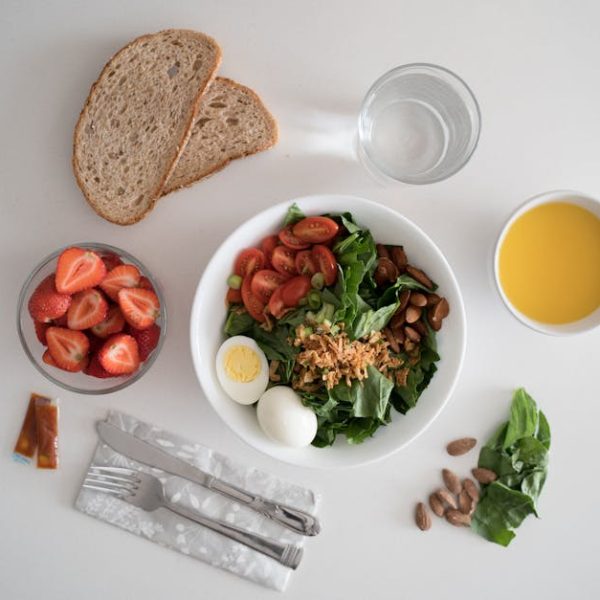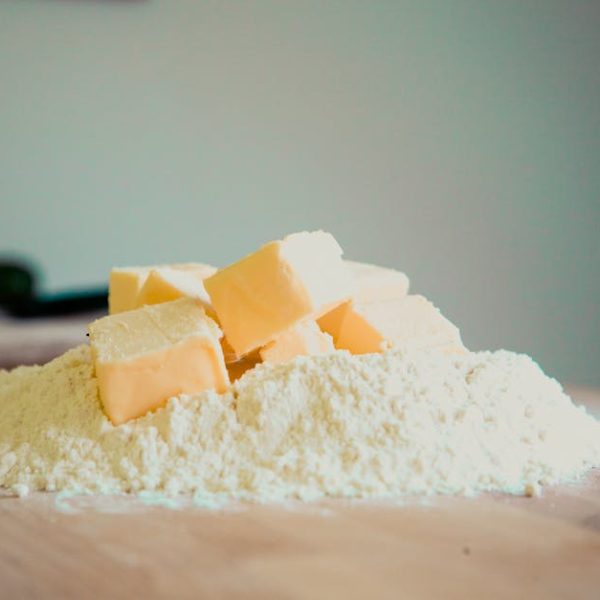For those of us who thrive on the potent energy boost of caffeine that our daily cup or cups of coffee provides, knowing how to preserve that freshly brewed taste can prove highly beneficial. More so, when we are looking for creative ways to maintain a long-term supply without compromising on flavor. Yes, it’s possible to freeze and preserve your brewed coffee while retaining its original appeal. This article shares five clever ways to do just that.
1. Freezing in Ice Cube Trays
Pour your leftover brewed coffee into an ice cube tray, and you have an effortless yet effective method of preservation. This little trick has twin benefits: it drastically reduces waste and provides a delicious base for iced coffee and coffee smoothies. Remember to carefully select the ice cube tray, preferably one made of silicone or plastic, that is suited for freezing coffee. Do note the size too, as big ice cubes are slower to melt, therefore they might dilute the drink less. The only catch here is to ensure you cover the tray before freezing to avoid the absorption of freezer odors.
2. Rejuvenate Your Brew with Coffee Ice Cubes
Don’t consign your coffee cubes to the monotonous role of chilling your drinks. These versatile little wonders can add a punch to your coffee as well. If you have been disappointed by your coffee turning weak when you add regular ice, here’s your perfect solution! Use your coffee ice cubes instead. Slowly adding these cubes to your drink maintains the temperature without diluting the flavor. It’s like infusing your cup with extra caffeine and chill. The result: a refreshing brew that’s bursting with potent flavors!
3. The Incredible world of Freeze-Dried Coffee
Now, let’s move beyond cubes to something more intense: freeze-dried coffee. This method allows you to preserve high-quality beans and their superb aroma and flavor for many weeks, even months, opening the doors to long-term preservation. Although the process calls for special equipment like a freeze dryer, the enchanting aromas and flavors that unfold make it a worthy investment. It’s important to store the freeze-dried coffee in a vacuum-sealed container to retain the best taste. It’s time to step up your coffee game!
4. Turning Leftovers into Concentrated Coffee Cubes
Who said leftovers are wasteful? Transform your leftover brewed coffee into concentrated cubes that are rich in flavors and ever-ready to make a quick cup! Simple at-home procedures can help you create coffee concentrates, which can be chilled into cubes. All you need to do remember while making coffee concentrates is to ensure you adequately boil down the coffee to make it strong. As compared to freshly brewed coffee, these cubes surely stand out for their convenience and ease.
5. Freezing Coffee with Dairy and Flavor Additives for Instant Coffee Delights
Imagine having iced coffee or coffee-based desserts in a jiffy by merely dropping a cube or two into your glass. You can freeze coffee with milk or cream, and even any flavor additives you fancy, in ice cube trays. Voila! Perfectly tailored, ready-to-use coffee cubes that you can use anytime, anywhere! The only trick here is to know which types of milk, cream, or flavorings are best suited for freezing. So, get your proportions right, and let the magic unfold!
Freezing and preserving coffee in clever ways can lend a unique touch to your caffeine experience. So, give these methods a try, and let the java magic transform your coffee rituals!
Key Takeaway:
- Freezing coffee in ice cube trays is a beneficial method for preserving coffee which can serve as a base for iced coffees and coffee smoothies.
- A unique use of frozen coffee cubes is to rejuvenate the brew by slowing adding the cubes to maintain the temperature without diluting the flavor.
- Freeze-drying coffee at home is a solution for long-term preservation retaining the aroma and flavor of high-quality coffee beans.
- Leftover coffee can be saved as concentrated cubes for making a quick coffee cup anywhere and anytime.
- Freezing coffee with dairy or flavor additives gives one the benefit of having ready-to-use coffee cubes for a quick preparation of flavored iced coffee or coffee-based desserts.
Every coffee lover could spice up their caffeine experience by adopting the useful methods shared in this article. Keeping in mind the essential tips and pro guidelines, freezing and preserving coffee can become an enjoyable and rewarding process.
FAQs
Q: How often can I freeze brewed coffee?
A: You can freeze brewed coffee as frequently as you prefer. Ensure to consume it within 2-3 weeks for the best quality.
Q: Can I refreeze my coffee concentrates after they’ve been thawed?
A: No, it’s not recommended to refreeze coffee concentrates once they’ve been thawed, as it may affect the taste and quality.
Q: Can I freeze coffee with dairy additives such as raw milk or cream?
A: Yes, you can. However, it’s important to remember that dairy products may not freeze as well as black coffee, potentially affecting the texture or taste.
Q: Will the coffee’s intensity change after being frozen?
A: Freezing can slightly alter the taste of coffee, but the changes are usually minimal. It’s key to ensure that frozen coffee is stored in an airtight container to maintain its original taste.
Q: What’s the shelf life of freeze-dried coffee?
A: If properly stored, freeze-dried coffee can last up to two years. However, for best taste, it is recommended to consume it much sooner.
We encourage you to share this article on social media, and keep exploring our site for more incredible coffee tips and advice!





